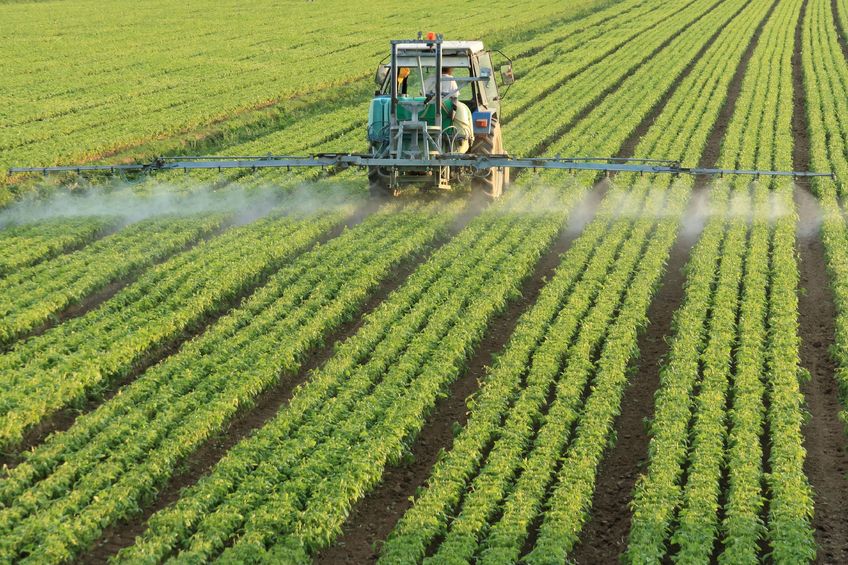
A ban on glyphosate could force one in five British wheat farms into 'serious financial difficulty', a new survey has shown.
It is less than a fortnight to go until the European Commission decides on whether to renew the licence for the commonly-used herbicide.
Glyphosate is an active substance in the production of herbicides, and has been used by the majority of British farmers for weed control over the past 40 years.
More than half of British farmers say they are concerned that a ban could cost them more than £10,000 every year.
The wheat sector is expected to be the hardest hit if glyphosate is not renewed.
Decline crop production
Farmer George Hosier and his father Patric run Wexcombe Manor Farm in Wiltshire, they said a ban would lead to a decline in crop production.
Moreover, Mr Hosier believes it could cost him up to £100,000.
The impact of the ban would also extend beyond the wheat sector to affect agriculture more widely and possibly the British economy.
According to new figures released earlier this month by leading economic research house Oxford Economics and agriculture specialists The Andersons Centre, in partnership with the Crop Protection Association, potential consequences of a glyphosate ban could include a reduction of farm output by £940 million.
Liver disease in rats
But study results released in January this year showed that glyphosate-based herbicides caused liver diseases in rats at 'very low' doses.
Dr Michael Antoniou, of King’s College London, stated: "The findings of our study are very worrying as they demonstrate for the first time a causative link between an environmentally relevant level of [glyphosate] consumption over the long-term and a serious disease – namely non-alcoholic fatty liver disease.
"Our results also suggest that regulators should reconsider the safety evaluation of glyphosate-based herbicides."
A spokesperson for the Crop Protection Association called the study 'flawed'.
The spokesperson said: "This study uses samples from the now infamous 2012 Seralini study, which was found to be so flawed by multiple global regulatory bodies that it was discredited by the scientific community and formally retracted by the journal which originally published it."
